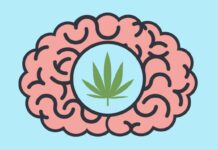
Although it’s mostly legal nowadays, marijuana is still a hot button topic. Most agree that pure CBD oil is overall good for you. Yet, those who go for the whole plant often make big claims about its impact, while the other side ardently opposes it.
With its turbulent history, it’s no wonder that there are so many myths about marijuana. Also, everybody experiences the effects individually, and those can even change in different circumstances.
This situation also applies to other related products like Magic Mushrooms. They are psychedelics, harvested from mushrooms. Right now, it’s legal and safe to buy from Canada. You can check out www.buymushroomscanada.ca for shroom goods.
However, a growing body of research is there to confirm some claims and dismiss others. Let’s use the knowledge available to explain how Marijuana affects your physical and mental state and debunk some common misconceptions.
How Cannabis Works
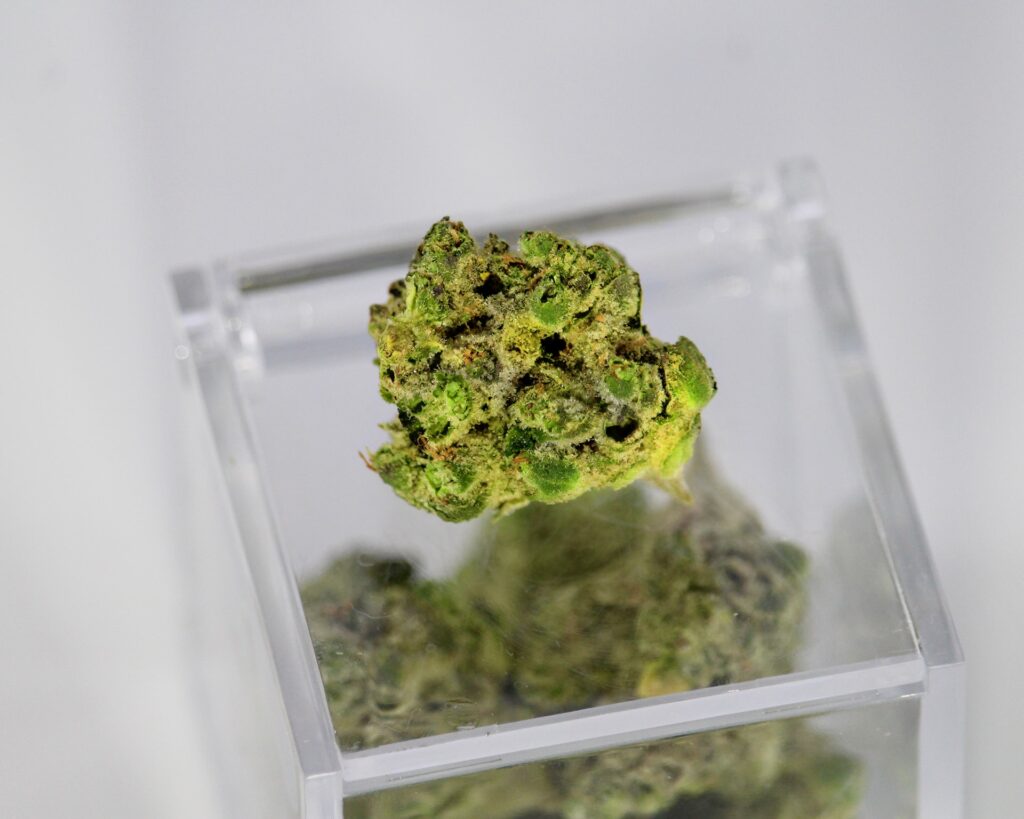
Cannabis includes three plants with psychoactive properties, Sativa, Indica, and Ruderalis. As it grows, the flowers get harvested and dried, creating one of the world’s most common drugs.
In the past, most people consumed it for its pacifying effects. However, more recent research found that, beyond relaxation, weed can provide you with a range of benefits to soothe various medical conditions. It also uncovered adverse side-effects connected to its use.
The exact impact weed can have on a person depends on the prevalence of its two main components:
- CBD. While this element is psychoactive, it won’t get you ‘high.’ It’s non-euphoric and non-intoxicating. People mostly use it to heal pain and inflammation. It can also help with migraines, nausea, and anxiety, but research is still inconclusive about the extent of these effects.
- THC. The primary psychoactive cannabis compound, THC, causes the well-known ‘high’ that brought weed to prominence. The richer the plant in THC, the more potent it is for your mental state.
How It Works
Once you smoke or eat cannabis, it enters your bloodstream. From there, it gets carried over to your brain, sticking to the receptors and affecting your body. At this point, the effects you’ll feel depend on the plant’s chemical composition.
Either way, you’ll experience both mental and physical sensations, at least to some extent. Let’s see how weed translates to your mind and body condition.
Mental Effects

Cannabis primarily affects your mental state, and even some of the physical responses derive from that effect.
The symptoms will last for a few hours, and they can be pleasant or unpleasant.
Pleasant Effects
Smoking or eating weed makes you feel relaxed. Users get talkative, laugh often, and feel a general boost in happiness. When it comes to perception, you might see colors brighter and hear music sharper, especially if the plant had higher THC levels.
It’ll also increase your appetite and soothe anxiety. In the short term, the effects feel like a weight lifted off your shoulders.
Unpleasant Effects

You might experience paranoia, disorientation, or hallucinations in the short term, especially if you’re in an unfamiliar environment. Most of the adverse effects you might notice derive from prolonged usage though.
Regular weed use can cause depersonalization as well as difficulty concentrating and remembering things. Cannabis could also lower your motivation levels if you smoke it daily.
The majority of people won’t face these severe psychological effects. They tend to happen to those with pre-existing mental health conditions, especially psychotic ones, like schizophrenia and bipolar disorder.
Research shows that it could also lead to psychosis development. However, the link is still unclear, pointing out only that cannabis might increase the risks of developing such illnesses.
So, as a rule of thumb, if you’re genetically predisposed to mental illness, be more cautious about weed.
Mental Effect Myths
Most cannabis myths have to do with the way it affects mental health. You’ll most often hear the following three claims.
Marijuana Reduces Anxiety

Weed has a subduing influence on people, which leads to a short-term reduction in anxiety and stress. However, as the drug wears off, those with nervous disorders tend to feel a rebound effect.
Moreover, studies found that regular usage could make it more challenging to deal with stress in your everyday life.
Marijuana Reduces Aggression
Ever since the ‘60s, people have considered cannabis the drug of peace and love. Although it could suppress aggressive tendencies for several hours, there’s no proof that it reduces them in people with anger issues.
Marijuana Boosts Sex Drives
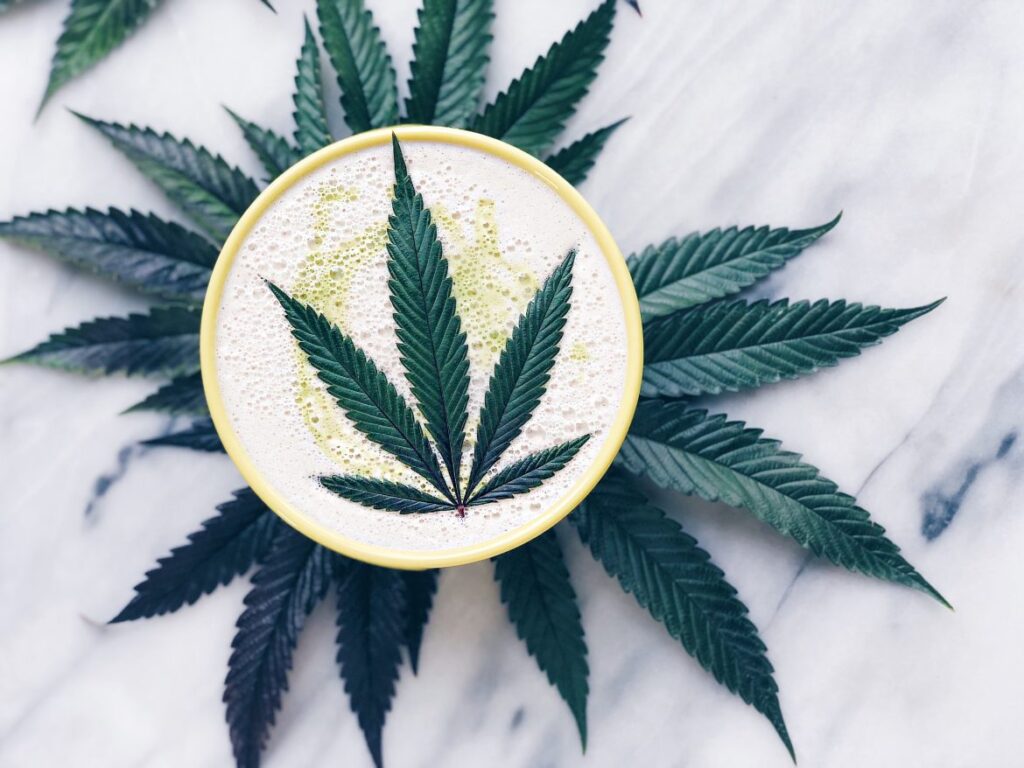
As this drug reduces inhibitions, many see it as an aphrodisiac. While it could increase sexual behaviors, its impact on arousal varies from person to person.
Physical Effects
Marijuana makes many subtle changes inside your body. Notably, your heart rate could increase within minutes. It also expands blood vessels around the body, leading to bloodshot eyes and relief in glaucoma symptoms.
As it travels through your body, cannabis eases inflammation by affecting the central nervous system. It also triggers the release of dopamine, the ‘feel-good’ hormone.
Your digestive system feels its influence, too. Weed increases your hunger levels, relieves nausea, and calms an upset stomach.
Physical Effect Myths
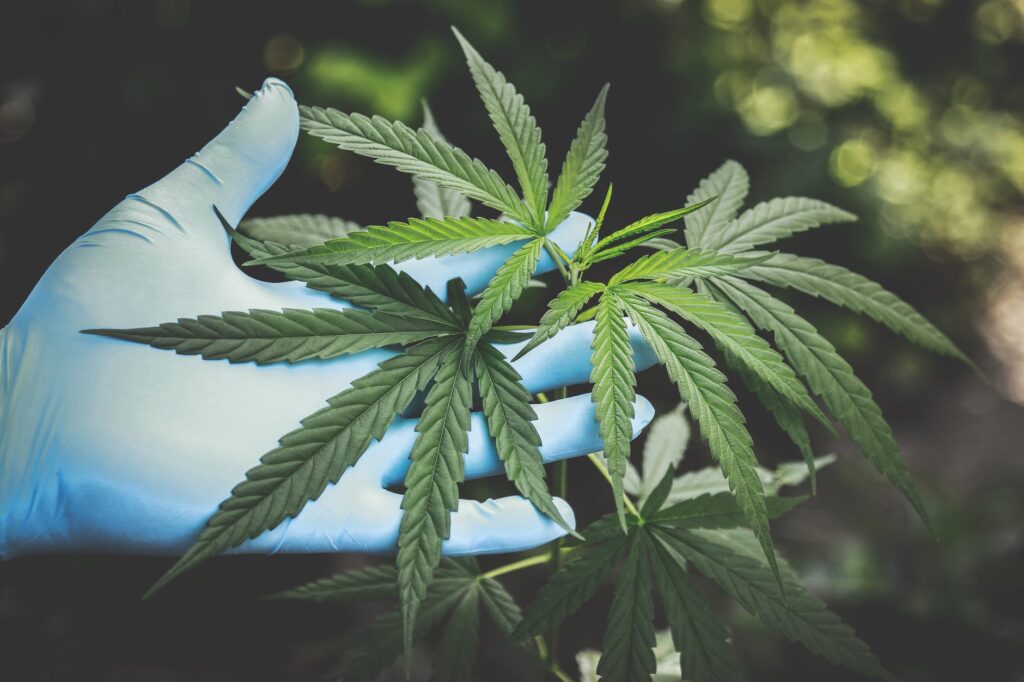
Regarding the physical side of things, people usually hold two strong beliefs about weed usage.
Marijuana Is Safe
While it has fewer adverse effects than tobacco and alcohol, weed isn’t ‘the safest drug,’ as people say. It could lead to respiratory infections and vascular conditions.
However, these issues mostly arise from smoking the plant. As Atomic Blaze suggests, there are multiple ways of ingesting weed without risking your respiratory health.
Marijuana Is Healthy
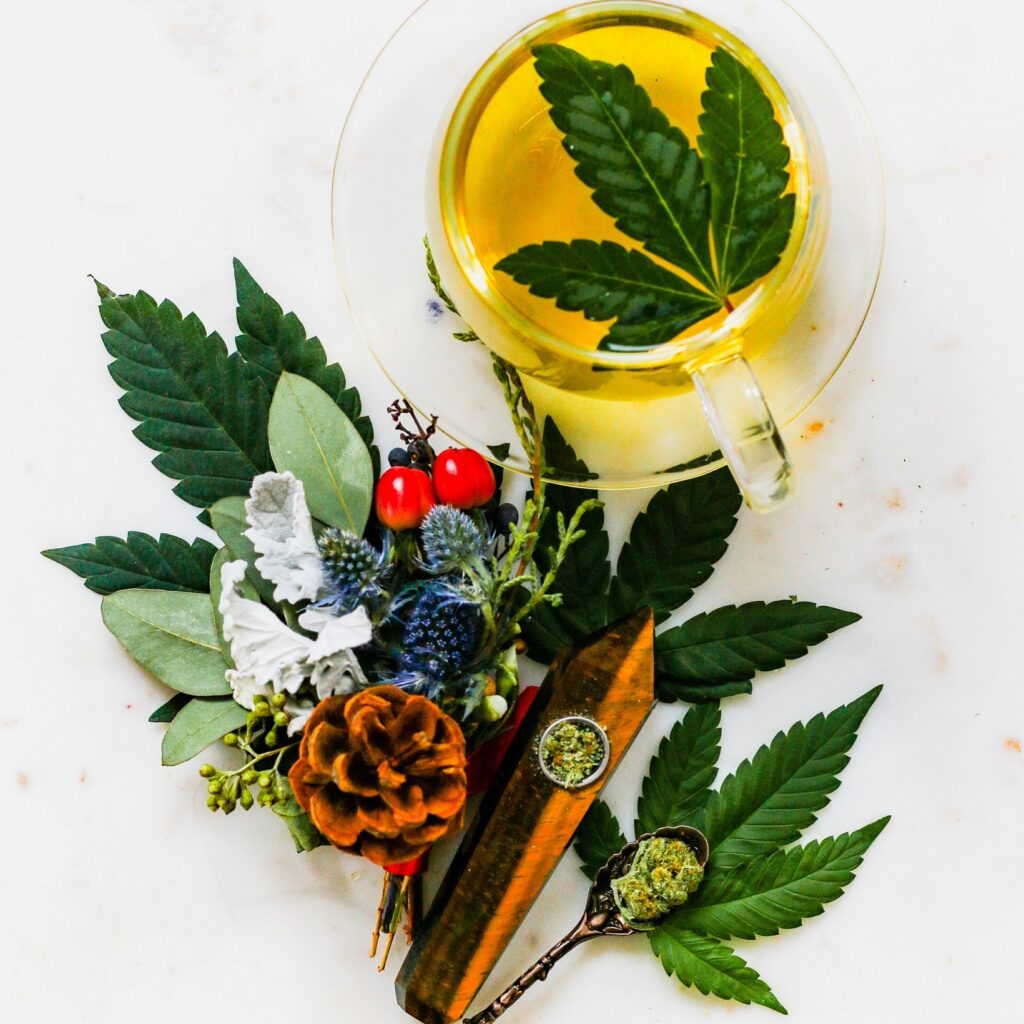
People tend to make this claim because cannabis is a plant, and plants are generally healthy.
However, many hallucinogenic drugs come from such sources – even alcohol and heroin. The fact that it’s plant-based doesn’t negate its potential health risks.
It Comes Down to Personal Experience
In the end, it’s essential to recognize that your experience with marijuana won’t be the same as what other people experience.
It’s not a cure-all drug, and there are potential drawbacks to counter some of the benefits. The best thing you can do is use it in moderation and with your physical condition in mind.
If you’re considering weed usage to achieve a specific physical or mental effect, go for it, as long as it’s legal. Still, don’t take any rigid beliefs too seriously. Research it for yourself, listen to your body, and remember to act in your own best interest.





